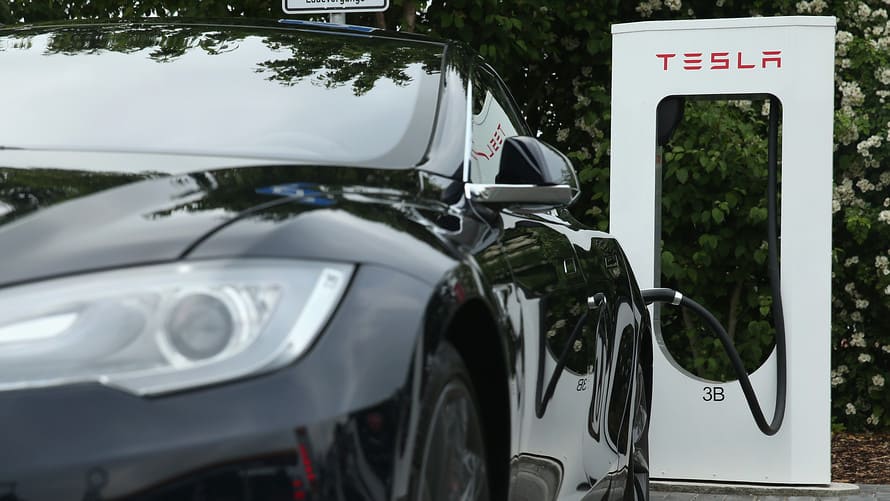
Israeli auto-tech company Addionics has completed a $39 million Series B round led by GM Ventures, the investment arm of General Motors, and the Deep Insight fund. The global truck and bus manufacturer Scania also participated in this round, along with several existing and new investors, including Union Tech Ventures, Delek Motors, Next Gear Ventures, Doral, Catalyst, Iron Nation Arc Ventures, GiTV, Susten, KCP, 8090 Industries, Jeff Horing, and other existing investors.
Series B rounds have recently become one of the most challenging stages for raising capital, as investors expect to see significant progress in bringing the product to market and achieving sales of at least several million dollars. Addionics had not raised money since 2022, and with the current round, the total investment in the company reaches $79 million.
The investment will allow Addionics to build up teams across the globe, and expand its manufacturing and commercialization efforts, including advancing the construction of its planned US-based giga-factory for the production of Addionics 3D Current Collectors.
Addionics, which says it works with the majority of the 10 biggest global automotive OEMs and battery manufacturers, is developing a component designed to be integrated into electric vehicle batteries to improve their performance. The component, called the 3D Current Collector, reduces the amount of copper and aluminum used in battery production while enhancing battery performance, including increased electricity production and shorter charging times. The company has previously stated that its three-dimensional electrodes can improve vehicle battery performance by 20%-30% compared to the two-dimensional electrodes currently available in the market.
The company was founded in 2017 by Dr. Moshiel Biton, who serves as CEO, along with Dr. Vladimir Yufit, and Dr. Farid Tariq. It currently employs 75 people, with 60 in Israel and the rest in the U.S., Germany, and the UK. “As the global demand for higher performing batteries grows, so too has the demand for our product. With the new funding, we will be able to begin commercial production by the end of the year, delivering our technology to battery manufacturers and enhancing battery performance globally,” Biton said.
























